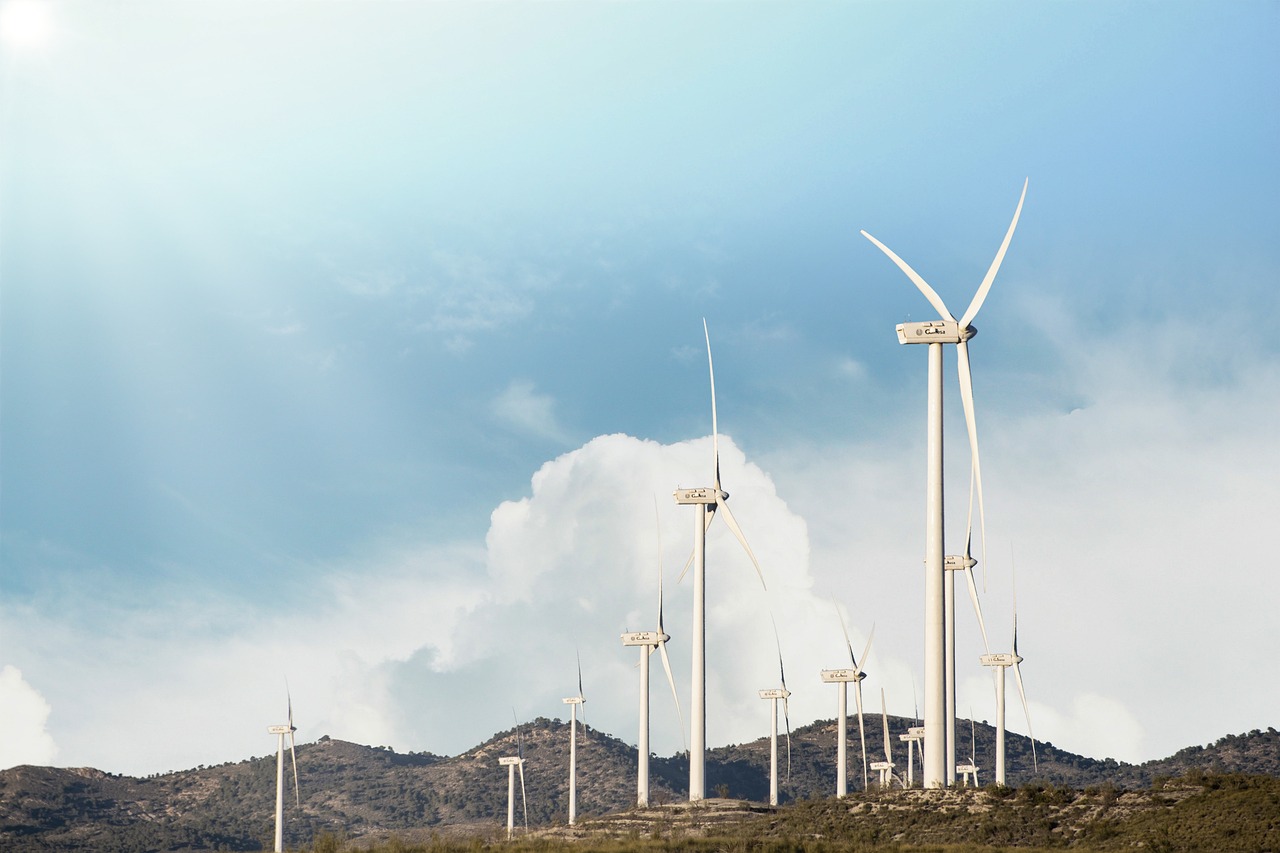Muğla Tarımsal Arazilerde Bölgesel Avantajlar

Muğla, Türkiye'nin tarımsal açıdan en önemli bölgelerinden biridir. Bu bölge, tarımsal arazilerde sahip olduğu bölgesel avantajlarla dikkat çekmektedir. Muğla'nın coğrafi konumu, iklim ve toprak koşulları tarım faaliyetleri için oldukça elverişlidir.
İklim açısından incelendiğinde, Muğla'nın Akdeniz iklimi etkisi altında olduğu görülmektedir. Bu durum, tarım için ideal bir ortam oluşturur. Sıcak ve kurak yazlar ile ılıman ve yağışlı kışlar, çeşitli bitki türlerinin yetiştirilmesine olanak tanır. Verimli tarım arazileri, tarımsal üretimde yüksek verimlilik sağlar.
Bitkisel üretim çeşitliliği açısından Muğla, zengin bir biyoçeşitliliğe ev sahipliği yapar. Sahip olduğu farklı iklim bölgeleri sayesinde çeşitli tarım ürünlerinin yetiştirilmesi mümkün hale gelir. Bu durum, tarım sektöründe çeşitliliği ve zenginliği beraberinde getirir. Örneğin, Akdeniz iklimine uygun olarak zeytin, üzüm, ve portakal gibi ürünlerin yetiştirilmesi oldukça yaygındır.
Muğla'nın turizm potansiyeli, tarım sektörüne de olumlu yönde etki eder. Turizm faaliyetleri sayesinde tarım ürünlerinin pazar erişimi artar ve ticaret imkanları genişler. Ayrıca, turizm ve tarım sektörleri birbirini destekleyerek ekonomik anlamda büyümeyi tetikler. Özellikle organik tarım ürünleri ve yöresel lezzetler turistlerin ilgisini çeker, böylece tarım ve turizm sektörleri birbirini tamamlayıcı bir yapı oluşturur.
İklim ve Toprak Koşulları
Muğla'nın tarım için sunduğu en büyük avantajlardan biri iklim ve toprak koşullarının ideal olmasıdır. Güneybatı Anadolu'da bulunan Muğla, Akdeniz iklimine sahiptir. Bu iklim, tarım için oldukça elverişli bir ortam oluşturur. Sıcak ve kurak yazlar ile ılıman ve yağışlı kışlar, bitkilerin sağlıklı bir şekilde büyümesini sağlar. Bu durum, tarım sektörüne yüksek verimlilik sunar.
Ayrıca, Muğla'nın toprak yapısı da tarım açısından oldukça avantajlıdır. Verimli tarım arazileri, tarımsal üretimin artmasına olanak tanır. Toprakların mineral ve besin açısından zengin olması, bitkilerin sağlıklı büyümesini destekler. Bu da çiftçilere kaliteli ürünler yetiştirme imkanı sağlar.
Muğla'nın tarımsal açıdan sunduğu iklim ve toprak koşulları, çeşitli bitki türlerinin yetiştirilmesine olanak tanır. Bu bölgede, zeytinliklerden narenciye bahçelerine, sebzecilikten bağcılığa kadar geniş bir bitkisel üretim yelpazesi bulunur. Çiftçiler, iklim ve toprak çeşitliliğinden faydalanarak çeşitli ürünler yetiştirebilir, bu da tarım sektöründe çeşitlilik ve zenginlik sağlar.
Bitkisel Üretim Çeşitliliği
When it comes to agricultural lands in Muğla, the regional advantages are truly remarkable. Among these advantages, the diversity in plant production plays a significant role in shaping the agricultural sector of the region.
Muğla stands out with its diverse climate zones, allowing for a wide range of plant production varieties. From the fertile lands suitable for vineyards to the perfect conditions for olive groves, the region offers a rich tapestry of agricultural opportunities. Farmers in Muğla have the privilege to cultivate various crops, benefiting from the different microclimates present in the area.
The agricultural diversity in Muğla is not only beneficial for the farmers but also for the consumers. The availability of a wide range of locally grown produce ensures freshness and quality in the market. From citrus fruits to aromatic herbs, Muğla's agricultural landscape is a true treasure trove for both the producers and the consumers.
Moreover, the diverse plant production in Muğla contributes to the sustainability of the agricultural sector. By cultivating different crops, farmers can prevent soil depletion and pest outbreaks, promoting a more balanced ecosystem within their fields. This diversity acts as a natural defense mechanism, reducing the need for chemical interventions and fostering a more organic approach to farming.
Pazar Erişimi ve Turizm İlişkisi
When it comes to (Market Access and Tourism Relationship) in Muğla's agricultural lands, a fascinating interplay between tourism and agriculture emerges. Muğla's robust tourism potential not only attracts visitors but also plays a significant role in enhancing market access for agricultural products. This unique relationship between tourism and agriculture creates a mutually beneficial environment, contributing to the economic prosperity of the region.
Imagine a scenario where the vibrant tourism industry of Muğla acts as a catalyst for the agricultural sector, paving the way for increased market reach for local farmers. The influx of tourists not only boosts the demand for fresh produce but also opens up avenues for farmers to showcase and sell their agricultural products directly to a diverse consumer base.
Moreover, the integration of agriculture with tourism creates a dynamic synergy that enhances the overall economic landscape of the region. Local farmers have the opportunity to offer farm-to-table experiences, allowing tourists to immerse themselves in the agricultural practices of the area while enjoying fresh, locally grown produce.
Furthermore, the relationship between tourism and agriculture in Muğla goes beyond market access. It fosters a sense of sustainability and environmental consciousness, as tourists become more aware of the importance of supporting local farmers and consuming regionally grown products. This not only benefits the agricultural sector but also promotes a culture of eco-friendly practices and community engagement.
In addition to boosting market access, the tourism-agriculture relationship in Muğla also creates a platform for cultural exchange and experiential learning. Tourists have the opportunity to participate in agricultural activities, such as olive harvesting or grape picking, gaining a deeper appreciation for the hard work and dedication that goes into food production.
Overall, the symbiotic relationship between tourism and agriculture in Muğla exemplifies the power of collaboration and innovation in driving economic growth and sustainability. By leveraging the region's tourism potential to enhance market access for agricultural products, Muğla sets a remarkable example of how different sectors can work together harmoniously to create a thriving and interconnected ecosystem.









